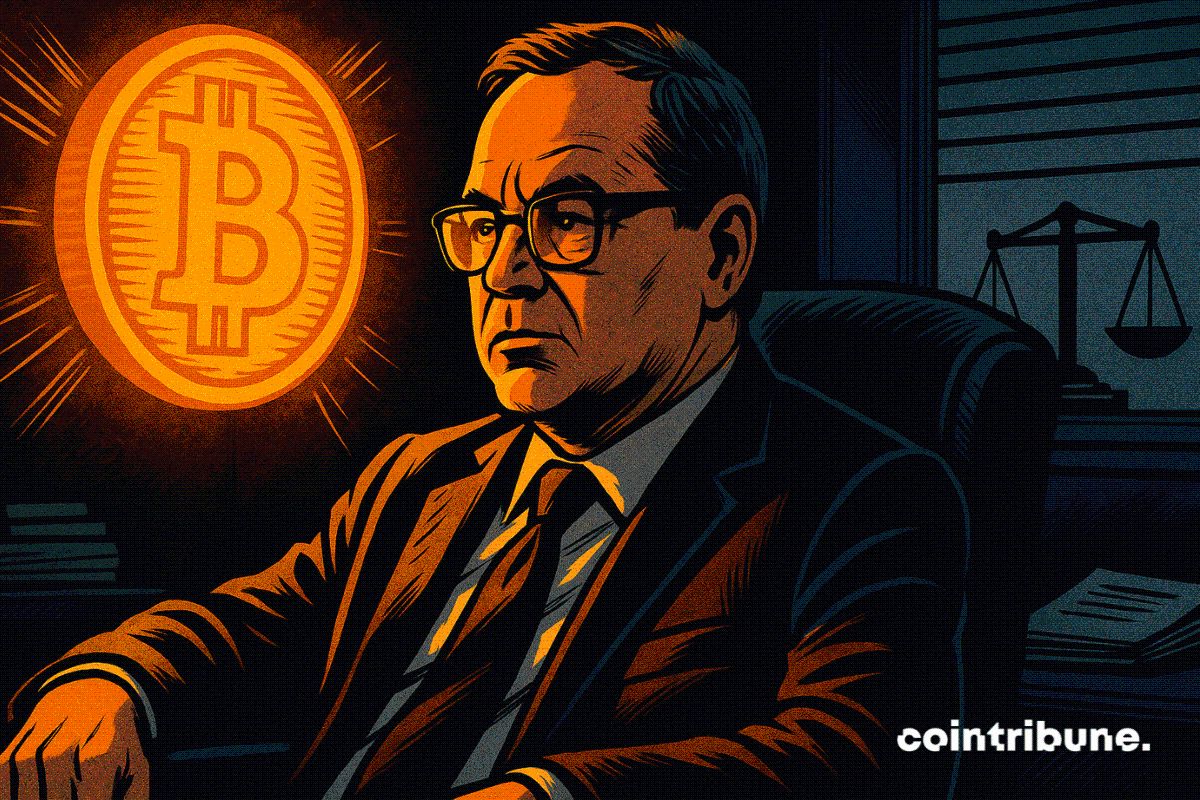Investing in Transforming Education: Tackling the Lack of School Counselors with Policy-Based Solutions in Educational Technology and Telehealth
- U.S. schools face severe counselor shortages in rural areas, with states like New Mexico (43% unmet demand) and Alabama (80% met) highlighting systemic underfunding and geographic barriers. - States implement policy solutions like Texas's $180k loan repayment caps and New Mexico's behavioral health legislation to address workforce gaps and mental health care deserts. - EdTech and telehealth startups (e.g., MagicSchool AI, GoStudent) attract $45M+ investments, leveraging AI and remote learning to mitigate
The Crisis and Policy Responses
The lack of school counselors goes beyond staffing—it reflects deeper systemic shortcomings. For example, Alabama’s ratio of school psychologists to students—over 7,500 to 1—demonstrates the overwhelming burden on current staff, who must balance administrative, academic, and emotional responsibilities

EdTech and Telehealth: New Investment Frontiers
Government-driven attention to mental health and workforce expansion is spurring growth in EdTech and telehealth solutions. In 2025, the U.S. EdTech industry is
Telehealth companies are also playing a pivotal role. Firms like GoStudent and Brighterly are utilizing AI and customized learning to deliver remote academic and mental health services, helping to fill gaps in rural communities
Workforce Training and EdTech Innovation Aligned with Policy
Investors are increasingly focusing on companies that support policy objectives to grow the behavioral health workforce. Agile Mind, Authentica Solutions, and eSpark Learning are using data analytics and adaptive technologies to meet a variety of educational needs
The growing use of AI in education is not without debate. For example, Duolingo’s AI-centric approach has raised concerns about excessive reliance on technology and diminishing the role of educators
Market Trends and Financial Outlook
The financial environment for EdTech is shifting. While global investment in edtech steadied at $2.8 billion in 2025, funding is increasingly directed toward high-impact startups. Companies like Lingokids and Amboss secured $120 million and $260 million, respectively, reflecting strong investor interest in AI-based solutions
In the United States, the market is forecasted to reach $236.1 billion by 2033, propelled by companies like Leap Scholar and Vidyaa expanding into rapidly growing global markets
Conclusion
The shortage of school counselors is a complex issue with far-reaching effects on student health and learning outcomes. Yet, it also opens doors for investors to back solutions in EdTech, telehealth, and workforce training that align with policy priorities. As both state and federal governments continue to emphasize mental health and education reform, businesses that innovate in these fields—whether through AI, telehealth, or workforce development—are well-positioned for substantial growth. For investors, the challenge is to identify ventures that not only address current needs but also support the long-term goal of a fairer and more robust education system.
Disclaimer: The content of this article solely reflects the author's opinion and does not represent the platform in any capacity. This article is not intended to serve as a reference for making investment decisions.
You may also like
Russia Moves Away From The Dollar With Yuan Bond Issuance

Blockchain’s Backbone Reinvented: Avail Connects Disparate Chains through Nexus
- Avail's Nexus Mainnet launches as a cross-chain execution layer to unify liquidity across Ethereum , BNB Chain, and other major blockchains. - Its intent-solver architecture optimizes transaction routing with multi-source liquidity, enabling seamless asset and user movement between chains. - Projects like Lens Protocol and Vanna Finance adopt Nexus for unified collateral management, using the AVAIL token ($0.0080) for governance and coordination. - Avail plans to expand Infinity Blocks to 10 GB per block

Bitcoin News Update: Will Strategy's 71-Year Bitcoin Reserve Withstand Industry Volatility?
- Bitcoin treasury firm Strategy claims 71-year dividend sustainability with $56B Bitcoin holdings, even if prices stagnate at $87,000. - Industry faces instability from JP Morgan boycotts and MSCI's 2026 index exclusion plan, risking automatic crypto sell-offs. - Strategy's 5.9x asset-to-debt ratio and Nasdaq 100 inclusion contrast with peers selling Ethereum reserves amid liquidity pressures. - Market debates long-term viability as Saylor insists on "HODL" strategy, but prolonged Bitcoin declines below $

Bitcoin News Update: Crypto Downturn Intensifies as Technical Indicators and Economic Factors Combine Against Bullish Sentiment
- Bitcoin faces bearish pressure with MACD sell signals and price below key EMAs, risking a 10% drop to $83,111 if support fails. - Ethereum's death cross pattern and XRP's weak technical structure highlight vulnerability near $3,000 and $2.00 support levels. - Macroeconomic uncertainty over Fed rate cuts and ETF outflows amplify downward pressure on crypto markets. - Bitcoin ETFs show fragile recovery with $74M inflow, while Ethereum ETFs face sustained outflows and bearish sentiment. - Speculative intere
